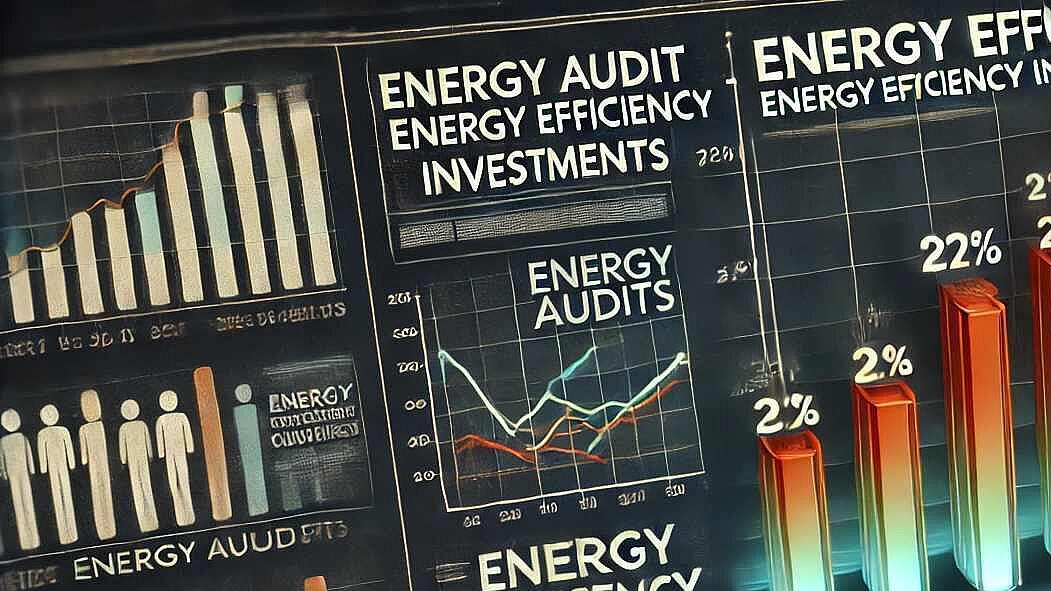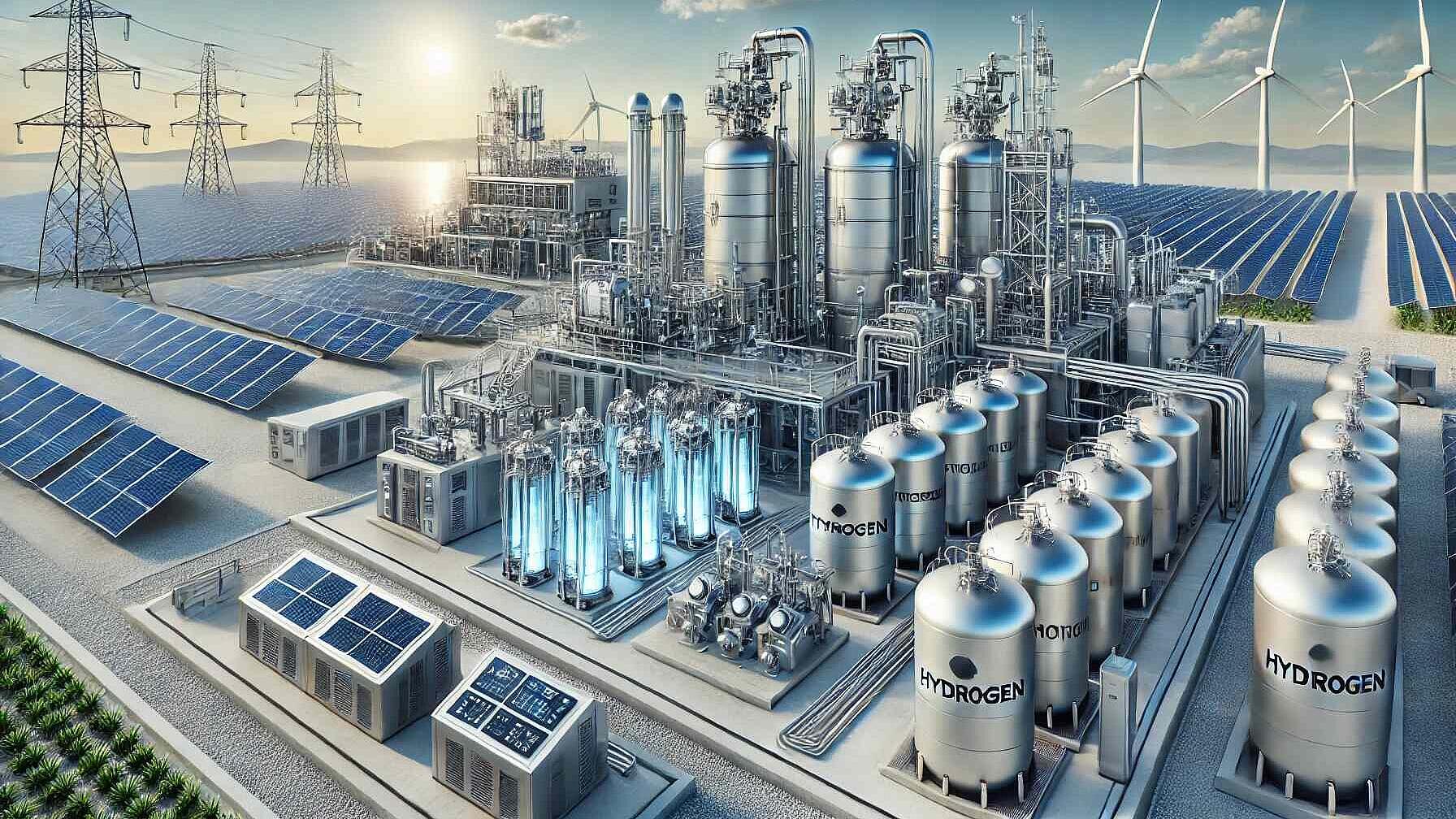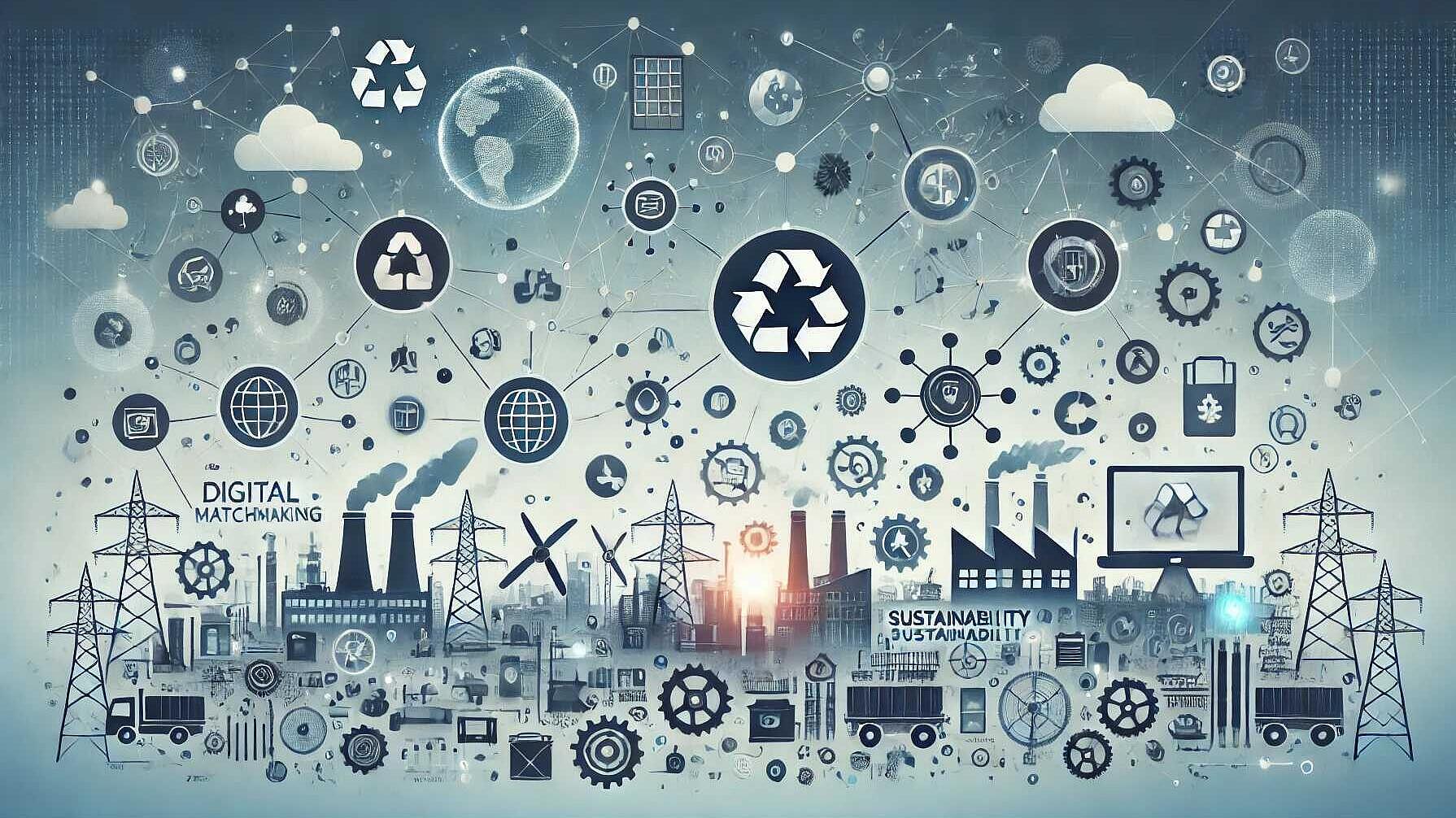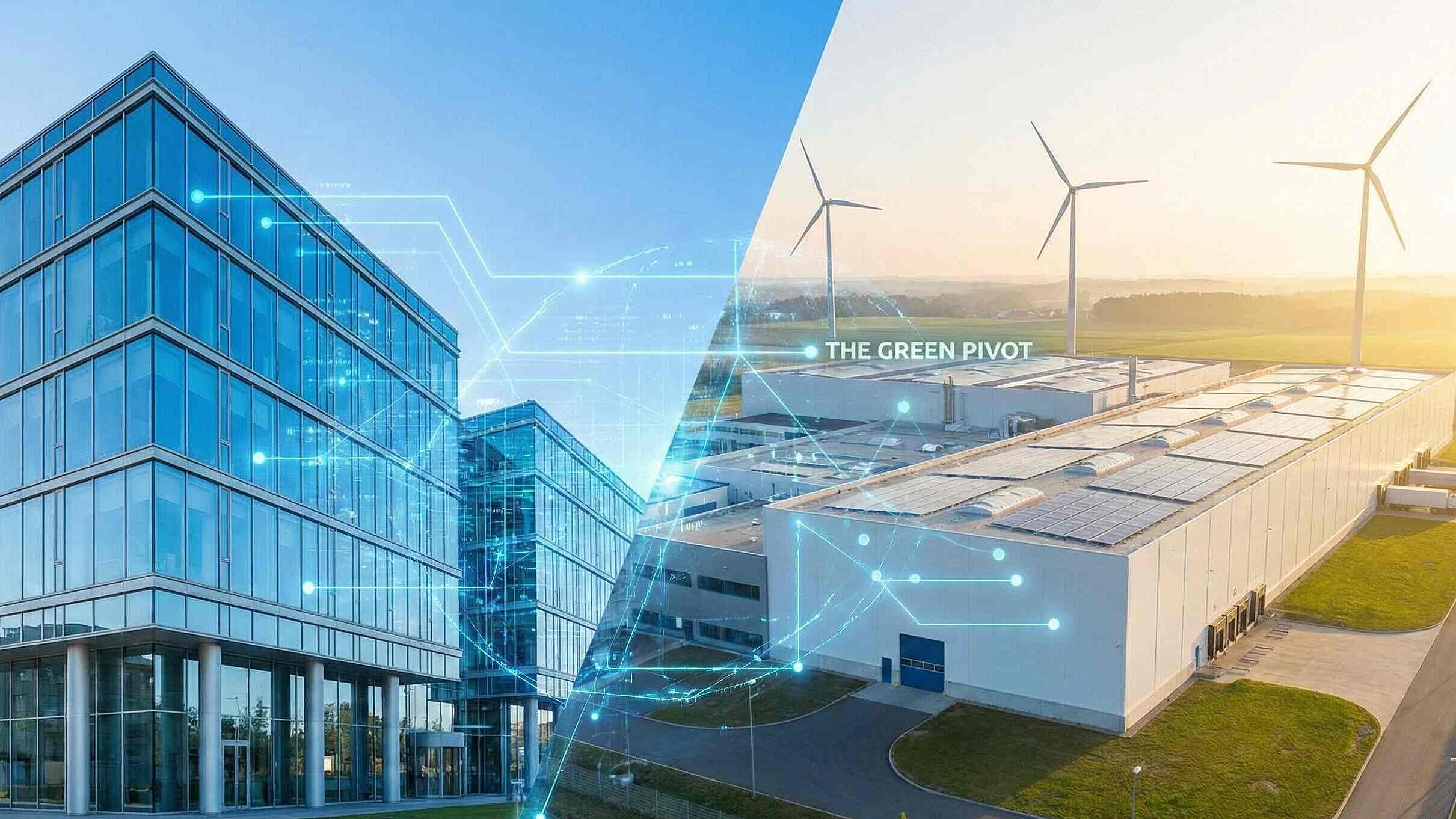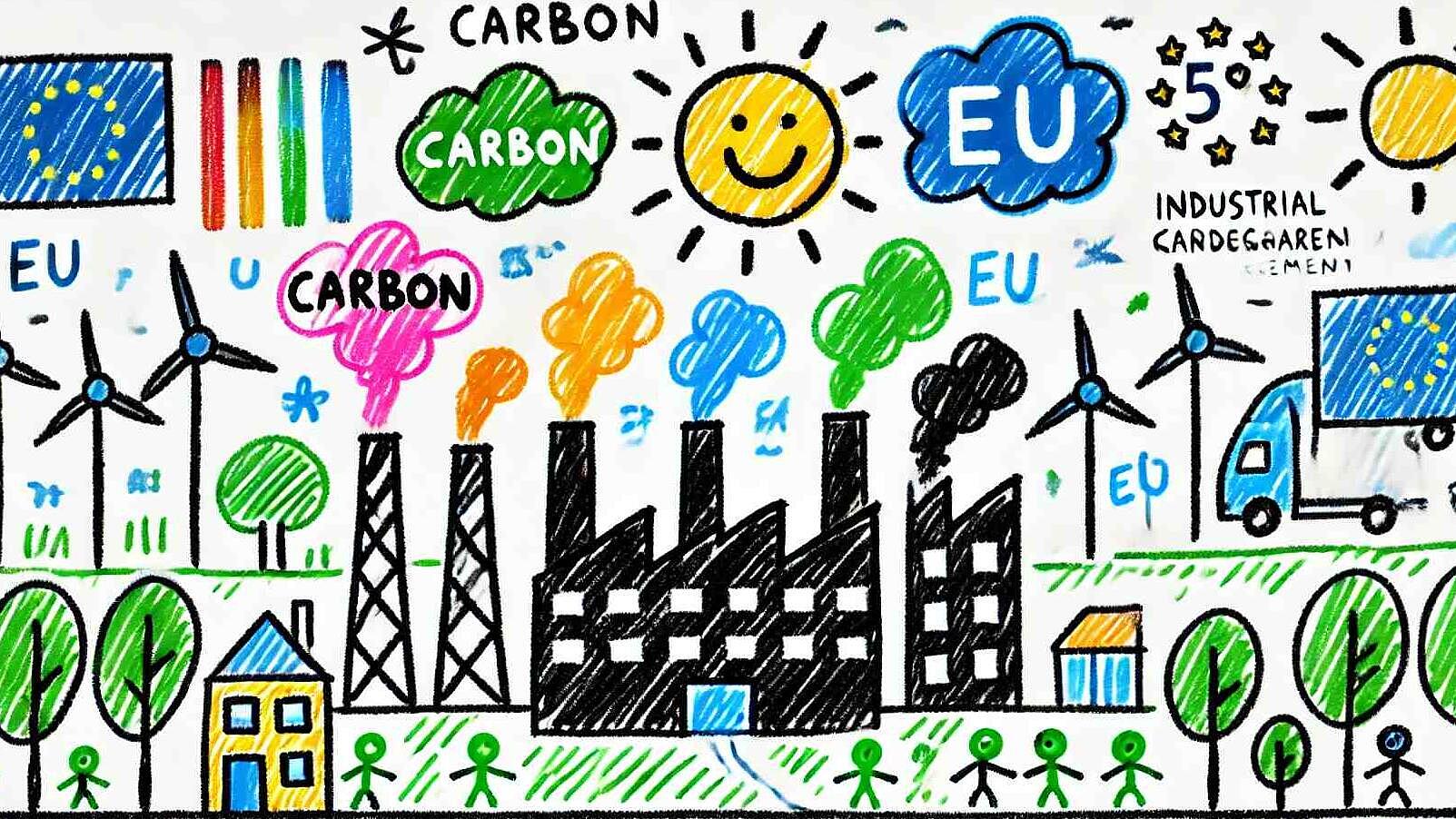 Articles
ArticlesThe DEESME Multiple Benefits Approach is a method aimed at boosting energy efficiency in European SMEs by recognizing broader business benefits rather than focusing solely on energy cost savings. Developed under the EU's Horizon 2020 program, DEESME advocates for energy audits and management systems that identify additional benefits like increased productivity, reduced environmental impact, improved health and safety, stronger brand reputation, compliance, and employee satisfaction. This approach involves four stages, starting with a Business Analysis that aligns energy efficiency with business priorities. The Energy Analysis focuses on energy usage data, followed by a Multiple Benefits Analysis to identify and measure extra financial, environmental, social, and reputational benefits from efficiency measures. The final stage is Business Model Sustainability Advancement, where the business integrates the findings into its model for sustainable growth, often resulting in innovation and improved sustainability communication. The DEESME approach emphasizes skill-building and team engagement across various company departments. It uses case studies to illustrate the multiplicative effects of integrating energy efficiency with broader business improvements. This strategy prepares businesses for future EU policies, sustainable finance opportunities, attracting talent, and comprehensive regulatory compliance. It's also supported by interactive materials and tools like Enerwhizz, an educational mobile quiz game designed to foster knowledge and competitiveness in energy management.
Read Full articleGame Changer: How Energy Audits are Transforming Small Businesses
Energy audits are becoming vital for SMEs in Europe, offering detailed analysis of energy usage and efficiency, highlighting cost-saving measures. They notably influence investment decisions in energy-efficient technologies, with smaller firms and innovative companies benefitting the most. However, financial constraints remain a barrier to implementing energy-saving opportunities.
Read Full articlePowering the Future: A Comprehensive Look at Hydrogen Production Methods
The paper provides an analysis of 19 hydrogen production methods, focusing on efficiency, cost, and environmental sustainability. It identifies the efficiency of fossil fuel reforming and the high environmental impact of non-renewable sources. Renewable methods are more sustainable but less developed. Hybrid approaches offer balanced results while further innovation is needed for truly sustainable hydrogen production.
Read Full articleInnovative financial solutions to fight energy poverty
How social housing associations and EU projects are using innovative financial and solidarity mechanisms to combat energy poverty, emphasizing the dual benefit of social welfare and environmental sustainability through the refurbishment of buildings for energy efficiency.
Read Full articleDigital Matchmaking for Industrial Sustainability: How Knowledge Platforms Enable Circular Economy
A discussion of the challenge of managing information for industrial symbiosis, focusing on digital tools developed for matchmaking and economic assessment. It underlines the importance of integrating technology with human relationships and adapting to regulatory changes that promote data standardization and transparency.
Read Full articleThe 2025 Energy Pivot: Navigating Europe's New Compliance Landscape for Business
EU energy policy enters a decisive implementation phase in 2025: voluntary goals become binding compliance. The recast Energy Efficiency Directive imposes audits and energy management by consumption thresholds, while RED III speeds renewable permitting and mandates industrial renewables and green hydrogen adoption.
Read Full articleSpace-Based Solar Energy: Harnessing the Sun's Power from Orbit
Space-based solar energy (SBSE) overcomes terrestrial solar power limitations, offering continuous, efficient energy. Despite high costs and ecological concerns, advances in technology and interest from ESA and CALTECH's SSPD indicate its promising potential for sustainable energy.
Read Full articleThe smart city puzzle: cities, platforms and service provider
Working in smart city projects requires to bring together different players in this very diverse eco-system, from IT to product suppliers, service providers, finance, social innovators and of course the cities with their various departments. A good way to start is looking at top notch smart city projects as well as knowledge, matchmaking and IT platforms.
Read Full articleHarnessing Carbon: Europe's Ambitious Plan for Industrial Carbon Management
The EU's industrial carbon management strategy aims for climate neutrality by 2050, targeting innovations in carbon capture and utilization (CCU), carbon capture and storage (CCS), and CO2 transport through a 19,000 km network. This transformative approach, fostering a carbon value chain, could generate €45-€100 billion and create 75,000-170,000 jobs by 2030, while positioning the EU as a global leader in carbon management technologies. The strategy emphasizes investment, R&D, public engagement, international cooperation, and regulatory development.
Read Full articleBusiness Value Through Industrial Symbiosis
A new framework evaluates industrial symbiosis, showing cost savings, revenue growth, risk reduction, and intangible benefits, advocating strategic partnerships and regulatory navigation for long-term sustainable advantage.
Read Full article
